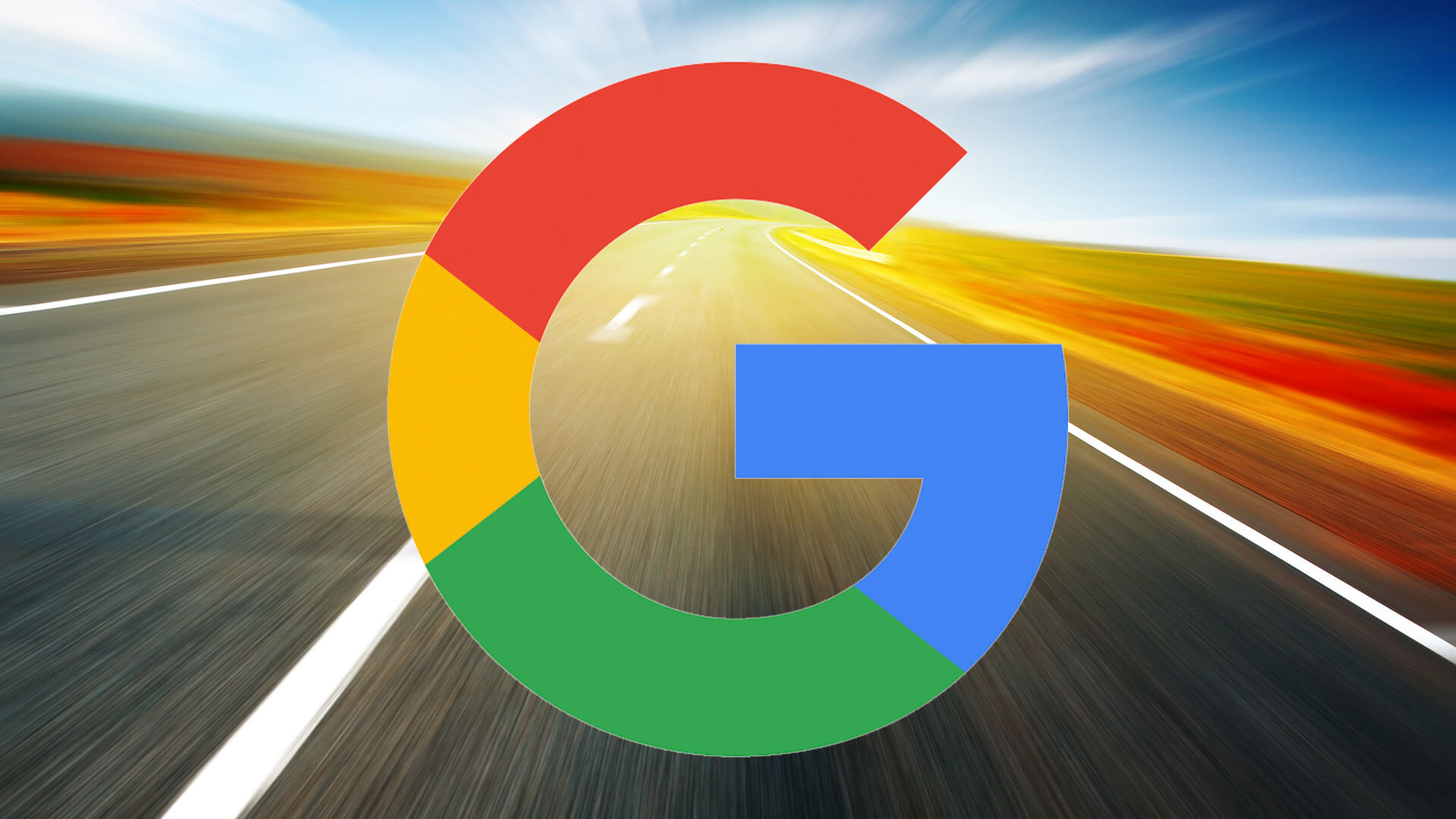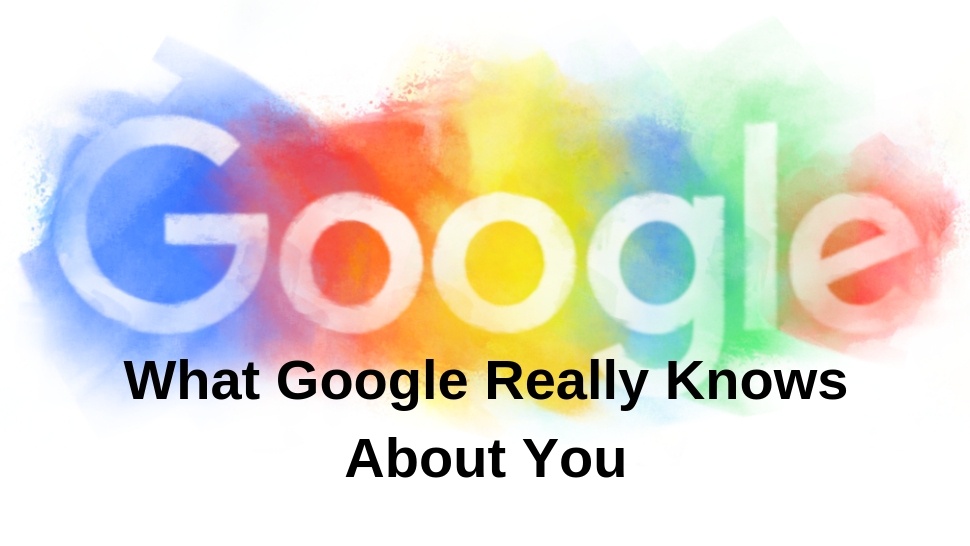A few months ago, the Google CEO was questioned by the US Congress about political bias on his browser and other Google products. We will not go deeper into the political bumps of other states, but one thing that often appeared in their issues was how much Google is capable of tracking our data and keeping our information.
With a scandal, around Cambridge Analytics and a similar study by Facebook owner Mark Zuckerberg and the adoption of GDPR - how our information is being collected online and what is done with them, this was a hot topic in 2018, and it is certain that it will be during 2019.
So, the question is - what information does Google have about you? Most people who regularly use their phones or computers regularly communicate with Google and its products, but most do not know much about Google's privacy policies. Although there are some conspiracy theorists who will tell you that there is more behind the scenes, here's what we definitely know about and how Google collects information about you.
/cdn.vox-cdn.com/uploads/chorus_image/image/59226439/jbareham_170504_1691_0004.0.0.jpg)
What does Google know about me?
Through its search engines, Internet-related services, applications, and companion companies, Google monitors the information you enter via your phone or computer. Through their rules of privacy and conditions (those things that most people have never read, but regularly denotes them), we authorize them to collect this information. Some commonly used applications and data that are collected are:
- Google search: Search terms
- Google Chrome: Search History
- Google Maps: Visits to locations, places you've searched for, transport methods, travel dates
- Google Ads: Ads you click on, topics that interest you
- Google Photos: Tagged people and places
- YouTube: Videos viewed, those you've added to your favorites, and those you've uploaded to your channel.

Basically, all that you do while using Google products will most likely be cracked and with this information, you create an image of who you are. What brings us to the next question …
What does Google do with my information?
Through the search history, photos, location, and more, Google now knows the places you've visited, things that interest you, what you're buying, how you look, who your friends are and more.
Although Google is widely known to the public as a search engine, we are known to marketing people as a marketing channel. There are different ways to advertise with Google - through search ads, display using banner (display), shopping ads, video ads, and more. Google uses your information to put you in certain demographics that are available to advertisers when deciding who they will target through different platforms.
For example, if we place banners on sites via Google, we have the option to target demographic data such as age, gender, parental status, and location. But in addition, we can focus on interests and behaviors - options from "animal lovers" to "often lunch outside", and beyond. We can also target based on the intention of buying - to target someone looking for a new property, or to software solutions.

And now what? Is this good or bad?
Some people may think that this is all an attack on their privacy.
Looking from the perspective of marketers, we like to have the specific targeting options available to us so that we can easily reach the target audience and not waste time and money on our clients. As consumers, we'd rather be showing relevant ads for things that interest us, even if it means using our personal data. For example, if we are looking for different types of tools or software that we can use for our agency, which would make us even more efficient, we will be presented with ads for new business technology for marketers and marketing agencies. So maybe we discover a new product that we could not discover a different way.
However, some of you will not want to share their information with Google now, so you will want to hide or at least limit the amount of data you share with this technology giant.
There are several ways to do this:
- Use a VPN (Virtual Private Network)
- Use the private search on your browser (Incognito Mode / Private Browsing)
- Customize your privacy settings with Google's activity controls
- Turn off the location on Google Maps
- Use another browser or search on another browser
- Delete your Google Accounts
Unless you completely withdraw from the network, the fact remains that the more technology we use, the more information is given and kept about us.
But with all of the above-mentioned controversies over the past few months, more transparency has been created over what Google actually knows about us.
For more information, visit the Google Security Center for a comprehensive overview of their privacy policies.




Share the News